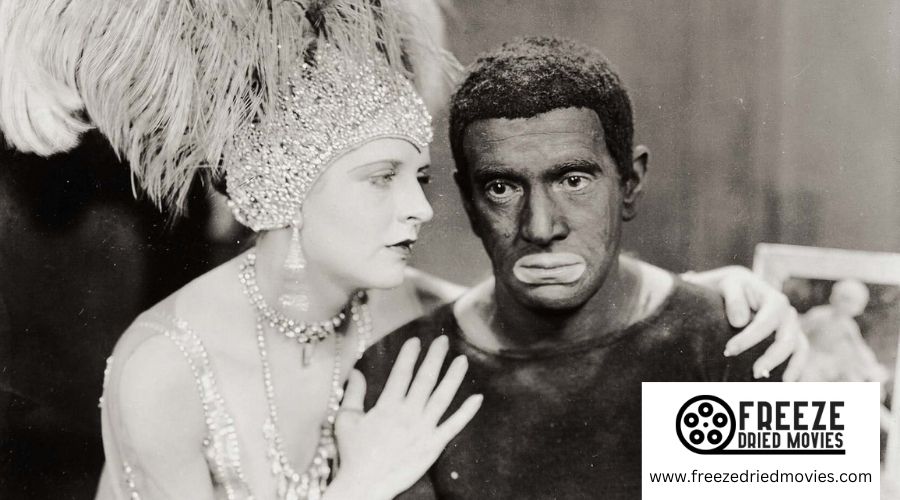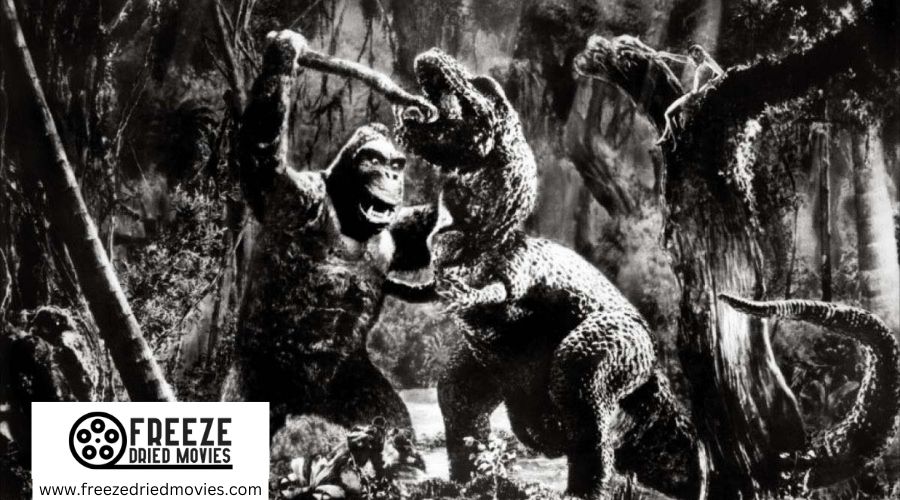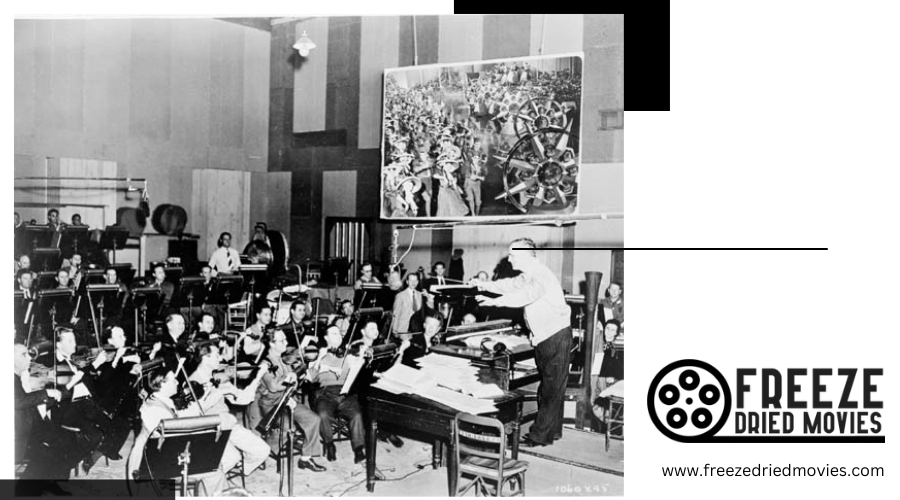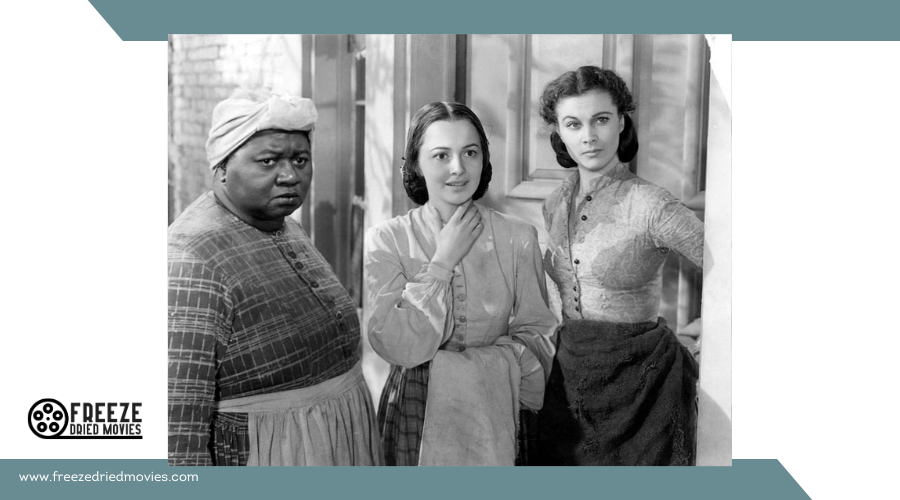Iconic 1930s Movie Stars: The Legends Who Defined an Era
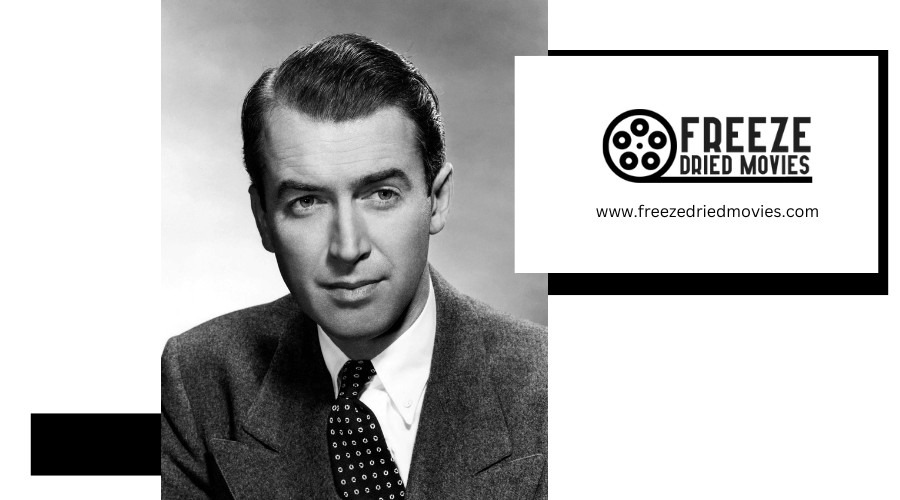
When you think of 1930s Hollywood, you can't ignore the stars who defined the era. James Stewart's everyman charm, Cary Grant's suave sophistication, and Katharine Hepburn's fierce independence redefined leading roles. Clark Gable, Bette Davis, and Humphrey Bogart didn't just portray characters; they created timeless icons. Each brought unique talents, captivating audiences and challenging societal norms. Curious about how these legends left an indelible mark on cinema and influenced generations of actors? There's much more to uncover about their lasting impact.
James Stewart
Although the 1930s were packed with talented actors, James Stewart stood out with his everyman persona and natural charm. Known for his iconic roles, Stewart gained fame in the late 1930s with films like *Mr. Smith Goes to Washington* (1939) and *Destry Rides Again* (1939). His ability to portray relatable characters facing real-life problems resonated deeply with audiences, making him a beloved figure in American cinema.
Stewart's career spanned over five decades, showcasing his versatility in both drama and comedy. His performance in *The Philadelphia Story* (1940) earned him an Academy Award for Best Actor, further solidifying his status as a leading star in the film industry. Stewart's naturalistic acting style and charm influenced future generations of actors, leaving a lasting legacy.
You can see Stewart's impact not just in his body of work, but in how he helped shape the concept of the "everyman" in American cinema. His performances from the 1930s continue to be celebrated for their depth and sincerity, ensuring that James Stewart remains an enduring figure in the history of film.
Cary Grant
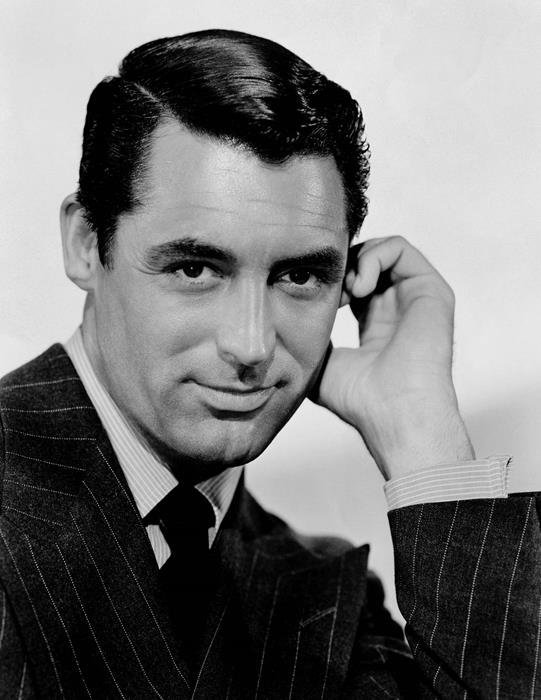
James Stewart's relatable everyman persona made a significant impact on American cinema, but another actor from the 1930s also left an indelible mark with his sophisticated charm and impeccable comedic timing—Cary Grant. Born Archibald Alexander Leach on January 18, 1904, in Bristol, England, Cary Grant became one of Hollywood's most celebrated actors. His ability to seamlessly shift between romantic comedies and dramas set him apart.
During the 1930s and 1940s, Grant starred in numerous iconic films, such as *Holiday* (1938) and *Bringing Up Baby* (1938). His versatility and charm cemented his status as a leading man. The American Film Institute recognized his enduring impact on cinema by ranking him the second Greatest Male Star of All Time in 1999.
Grant's collaborations with renowned directors like Howard Hawks and Alfred Hitchcock resulted in classics like *North by Northwest* (1959) and *Notorious* (1946). His legacy is defined by his unique blend of charm and vulnerability, influencing generations of actors. Cary Grant's sophisticated charm and impeccable comedic timing have left an indelible mark on Hollywood and the world of cinema.
Katharine Hepburn
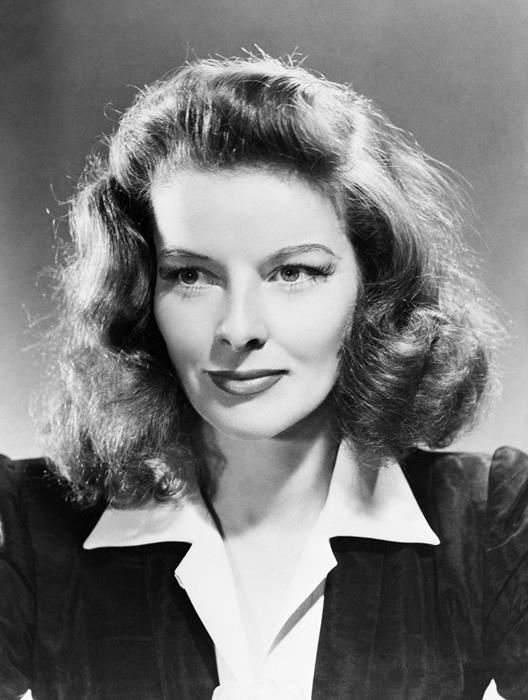
Renowned for her strong, independent characters, Katharine Hepburn reshaped American cinema. Born on May 12, 1907, in Hartford, Connecticut, Hepburn gained prominence with her role in *A Bill of Divorcement* (1932). Her portrayal of self-reliant female characters often challenged traditional gender roles, establishing her as a Hollywood trailblazer.
Hepburn's film career spanned over six decades, during which she won a record four Academy Awards for Best Actress. Her first win was for *Morning Glory* (1933), followed by another for the groundbreaking *Guess Who's Coming to Dinner* (1967). These accolades solidified her status as one of Hollywood's most enduring legends.
A key aspect of Hepburn's legacy was her frequent collaboration with Spencer Tracy. They appeared in nine films together, creating a dynamic on-screen partnership that captivated audiences. Hepburn's distinctive voice, athleticism, and fierce determination set her apart in the film industry.
Katharine Hepburn's influence endures, inspiring actors and filmmakers with her groundbreaking performances and unwavering spirit.
Clark Gable
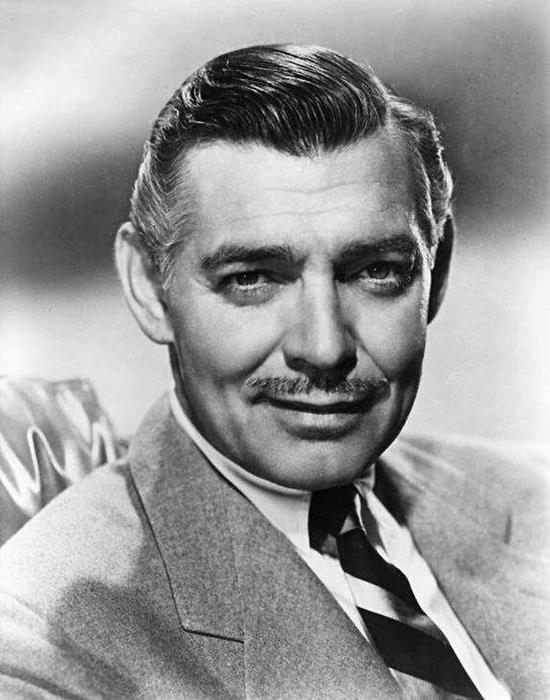
Clark Gable, often hailed as "The King of Hollywood," captivated audiences with his charismatic performances and undeniable screen presence. His rise to stardom began with *It Happened One Night* (1934), a role that earned him the Academy Award for Best Actor in 1935. This film showcased Gable's talent and versatility, establishing him as a leading man in Hollywood. With his rugged good looks and charm, he set the standard for male actors in romantic films of the period.
Gable's career spanned numerous genres, from dramas to comedies to action films, demonstrating his ability to seamlessly shift between different types of characters. This versatility solidified his status as a major star and one of the most iconic figures in American cinema. Films like *Gone with the Wind* (1939) further cemented his legacy, making him a household name.
Clark Gable's influence endures, with his performances continuing to inspire generations of actors. His charismatic presence and lasting impact on Hollywood ensure his place among the greats who defined an era in American cinema.
Bette Davis
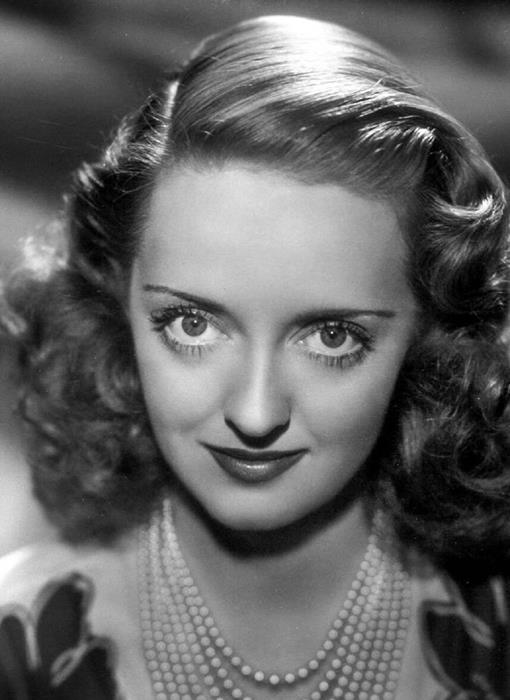
Bette Davis, born on April 5, 1908, in Lowell, Massachusetts, is celebrated as one of the most accomplished actresses of the 1930s and beyond. Renowned for her intense performances and portrayal of strong-willed characters, Davis quickly rose to prominence in Hollywood. Her compelling portrayals of complex female characters and her influential impact on the film industry have left an indelible mark.
| Film | Year | Role | Academy Award |
|---|---|---|---|
| *Dangerous* | 1935 | Joyce Heath | Best Actress |
| *Jezebel* | 1938 | Julie Marsden | Best Actress |
| *All About Eve* | 1950 | Margo Channing | Nominated |
| *Of Human Bondage* | 1934 | Mildred Rogers | Nominated |
A trailblazer in Hollywood, Davis received ten Academy Award nominations throughout her career, winning two Oscars for Best Actress for her roles in *Dangerous* and *Jezebel*. Her dedication to portraying strong, complex characters set a new standard in Hollywood, influencing future generations of actresses.
Beyond her awards, Davis's legacy includes over 100 films, each showcasing her unparalleled talent and fierce commitment to her craft. She passed away on October 6, 1989, but her contributions to the film industry continue to be influential, cementing her status as a true legend of the silver screen.
Humphrey Bogart
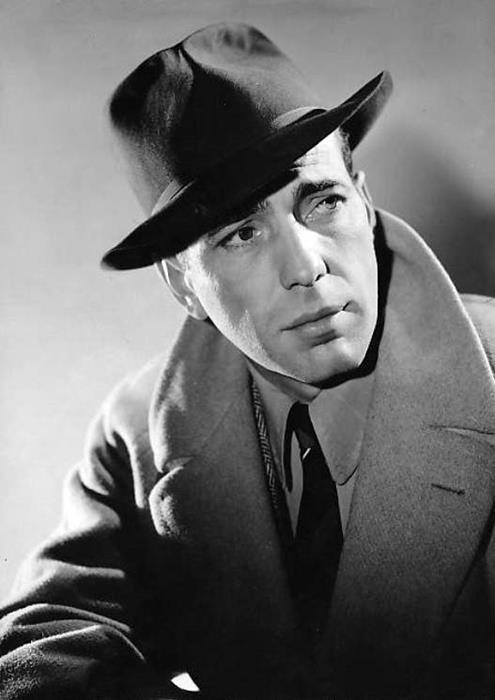
Humphrey Bogart emerged as a Hollywood star in the 1930s, captivating audiences with his iconic roles in film noir masterpieces like *The Maltese Falcon* and *Casablanca*. Renowned for his tough-guy persona, distinctive voice, and mannerisms, Bogart became a cultural icon of classic American cinema.
Bogart's collaborations with director John Huston were particularly noteworthy, highlighting his versatile acting abilities in films such as *Key Largo* and *The Treasure of the Sierra Madre*. These performances showcased his talent for portraying complex characters, further cementing his status in Hollywood.
- Bogart won his first Academy Award for Best Actor for his role in The African Queen (1951).
- His tough-guy persona and unique style influenced future generations of actors.
- The American Film Institute ranked him as the greatest male star of classic American cinema.
Bogart's legacy continues to resonate in popular culture, often cited as one of the greatest actors in film history. His influence extends beyond his era, leaving an indelible mark on Hollywood and the genre of film noir.

